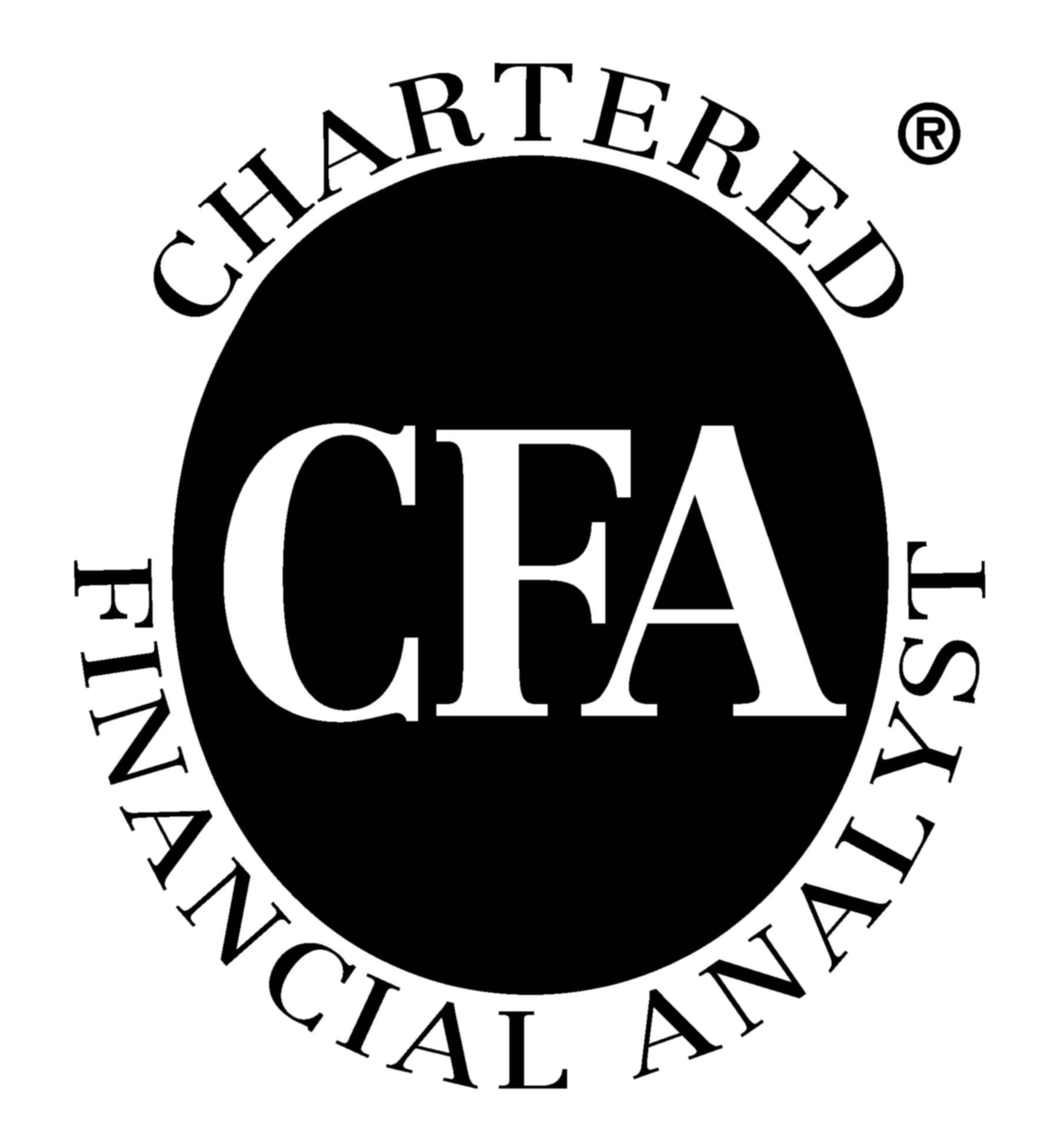The world of finance is filled with various qualifications and designations, each catering to different facets of the industry. Among them, the Chartered Financial Analyst (CFA) certification stands out as one of the most respected and recognized qualifications for finance professionals worldwide. Whether you’re a student considering a career in finance or a seasoned professional looking to boost your credentials, the CFA certification might be just what you need. In this blog post, we will explore the benefits of obtaining the CFA designation, its course structure, and the much-asked-about “CFA course fees”.
1. What is the CFA Certification?
The CFA certification is offered by the CFA Institute, a global association of investment professionals. The CFA designation is a gold standard in the fields of investment analysis, portfolio management, and ethical practices. Achieving this qualification involves clearing three rigorous levels of exams, gaining relevant work experience, and upholding a commitment to the CFA Institute’s Code of Ethics and Standards of Professional Conduct.
2. Benefits of CFA Certification
A. Global Recognition: The CFA charter is recognized in over 160 countries, making it an invaluable credential for those seeking international opportunities in the finance sector.
B. Comprehensive Knowledge Base: The curriculum covers a broad range of topics, from quantitative analysis and economics to ethics and portfolio management, equipping candidates with a holistic understanding of the finance world.
C. Enhanced Career Opportunities: Many employers recognize the dedication and expertise associated with the CFA designation, often leading to higher earning potentials and advanced career roles.
D. Professional Network: Being a part of the CFA community means access to a global network of like-minded professionals, continuous learning opportunities, and industry updates.
3. CFA Course Structure
The CFA certification journey is divided into three levels:
Level I emphasizes tools and inputs, introducing candidates to asset valuation and portfolio management techniques. It lays the foundation in investment tools, along with an introduction to asset classes, portfolio concepts, and ethical standards.
Level II focuses more on asset classes, including equity investments, fixed income, derivatives, and alternative investments. This level tests the application of investment tools and concepts with a focus on the valuation of all types of assets.
Level III is largely about portfolio management and wealth planning, emphasizing the management of institutional and individual investment portfolios and application of higher-level analytical methods.
Each level requires candidates to pass a comprehensive exam. Typically, candidates spend around 300 hours preparing for each level, though this can vary depending on one’s background and study habits.
4. The Big Question: CFA Course Fees
The “CFA course fees” is a subject of curiosity for many aspiring candidates. The total cost of obtaining the CFA designation can vary significantly depending on when you register for the exams and whether you need to retake any levels.





